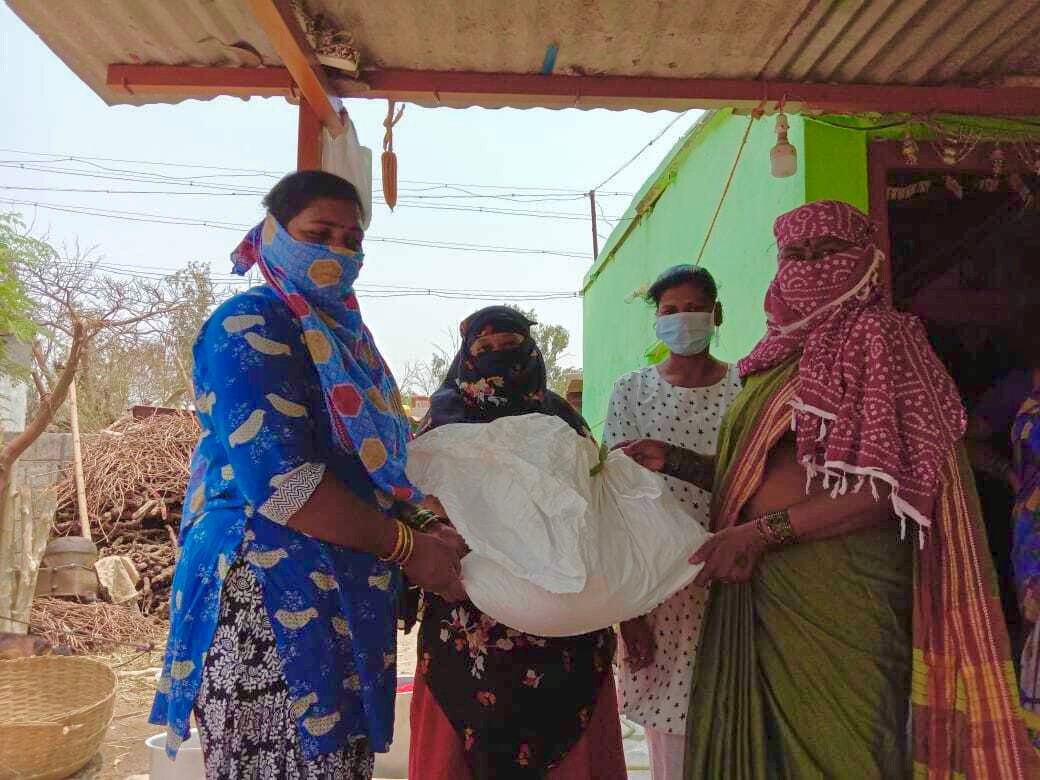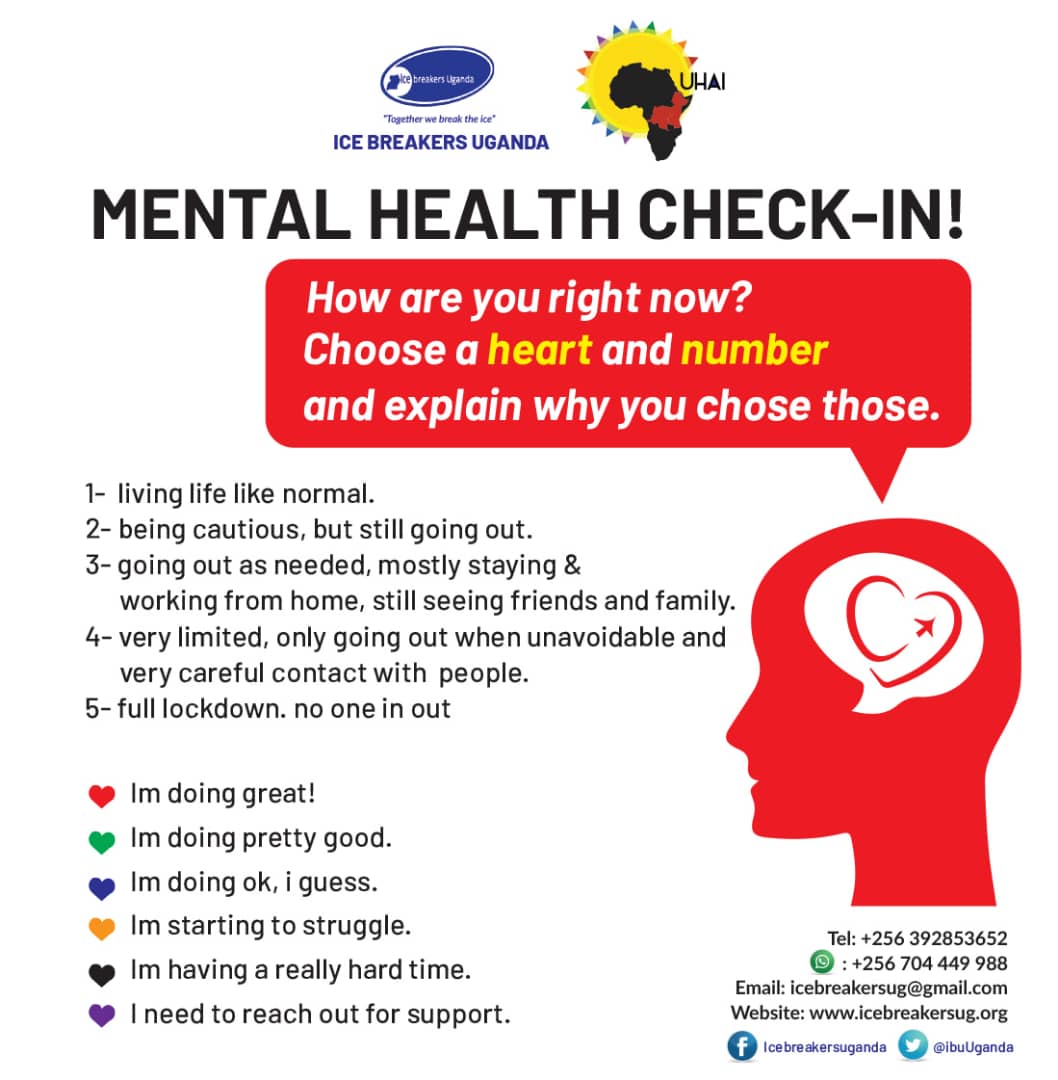This article was published more than 5 years ago.
This article is part of a series featuring inspiring stories of local action #fromthefrontlines of COVID-19 in the Global South. For more, visit our COVID-19 page and follow us on Facebook and Twitter.
Sex workers across the globe often face stigma, violence, and poverty. When a crisis occurs, this marginalization, coupled with their inability to work, means they are often one of the first populations to fall through the cracks.
As a result of COVID-19, sex workers have lost their livelihoods and are unlikely to recover income even as others begin returning to work. But grassroots leaders and groups working on the front lines of the pandemic are ensuring that the rights, health, and safety of sex workers remain protected.

In India, sex work is not acknowledged as a form of employment by the government and as a result, sex workers have few protections or avenues to access food material relief provided by the state.
SANGRAM, a local organization set up to promote sex worker rights, particularly access to healthcare, is ensuring they have daily essentials—while also securing recognition by government officials. It’s working in parts of Maharashtra, the state with the highest number of COVID-19 cases, to distribute dry rations to more than 1,000 sex workers and their families.
While providing essential aid, the group has also continued advocating for local officials to provide sex workers with access to the same resources as other citizens. And thanks to its efforts, the city of Kolhapur formally recognized male and female sex workers for the first time, allowing them to start receiving grocery kits, a critical victory.
UPDATE: Sex workers in Maharashtra State have won a major victory during these difficult times. On July 23, Dr. Hrishikesh Yashodh, the state commissioner for women and child development, issued a government advisory (GA) directing all the district collectors in the state to provide essential services, including free rations, to sex workers during the COVID-19 pandemic.
According to Meena Seshu, the coordinator of SANGRAM, “use of the word sex worker in the government letter [rather than flesh trade] after years of advocacy is a huge gain. This is perhaps the first time any government has acknowledged the work that the sex workers are engaged in and more so because the tone of the letter and the language used is not one of victimhood rather it treats sex workers as workers who are out of work and need assistance during the pandemic. It has been written in a dignified and respectful manner,” she told the Fund.
“All sex workers’ organizations have welcomed this GA, which perhaps for the first time does not have a discriminatory tone and accepts that sex work is what they have to do for a living,” she told the Indian Express.
The Fund welcomes this important step toward realizing the fundamental rights of sex workers in India and is proud to support the vital efforts of organizations like SANGRAM that work to ensure sex workers have access to the resources they need.

Icebreakers is a grassroots group in Uganda that provides direct health and support services to LGBTQ people, while also advocating for human rights protections in a country with entrenched homophobia. During the pandemic, they continue to provide health services to the LGBTQ community and sex workers. This includes HIV treatment and prevention medication refills and mental health counseling.
As a result of COVID-19, many LGBTQ Ugandans have faced physical insecurity, been made homeless, or been forced to return to homes where services are nonexistent and they are vulnerable to violence.
Icebreakers, along with another Fund-supported group, Sexual Minorities Uganda (SMUG), is part of a coalition comprising many organizations, including sex worker rights groups. Earlier this month, the coalition secured the release of more than 100 alleged sex workers arrested along the Uganda-Kenya border. Police targeted the women, who had to choose between not working or feeding their families, because of their contact with truck drivers.
Upon their release, Icebreakers, SMUG, and their partners connected the women with aid and resources for food and are now working with Ugandan officials to include sex workers in coronavirus prevention efforts—adapting a model that has been successfully used in HIV prevention.

Fund-supported CATTRACHAS is a collective of local leaders dedicated to protecting the rights and safety of lesbian, trans, and bisexual women in Honduras. Their documentation and analysis of hate crimes against LGBTQ people has been cited by international media and the United Nations.
Now, they are using their monitoring system to chronicle how sex workers are mobilizing to surmount challenges during pandemic and to help draw international attention to the issue.
Through bi-weekly reports, they are sharing innovative efforts within the LGBTQ community to weather COVID-19. This includes how transgender sex workers are coming together to develop informational and support networks for themselves and for their cisgender counterparts. Their initiatives focus on guidance around finding online work and safely connecting with available health and other resources.
CATTRACHAS’ reporting is shining a light on how an often-silenced group is taking on a vital leadership and community organizing role—a story that is vital to changing perceptions of sex workers and the LGBTQ community and drawing attention to their needs.


